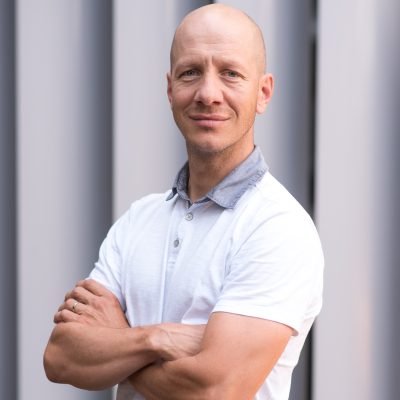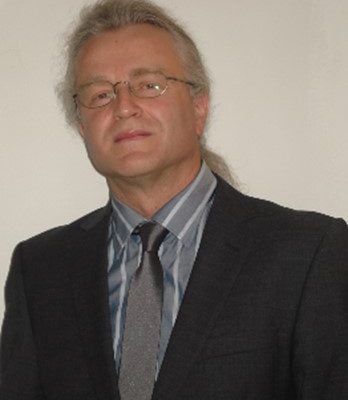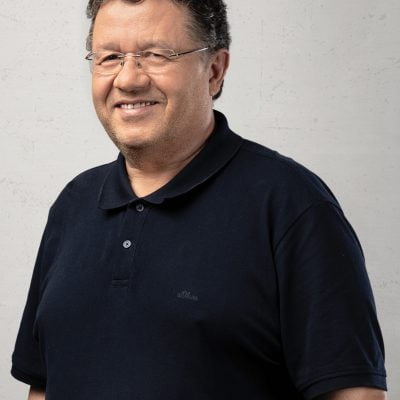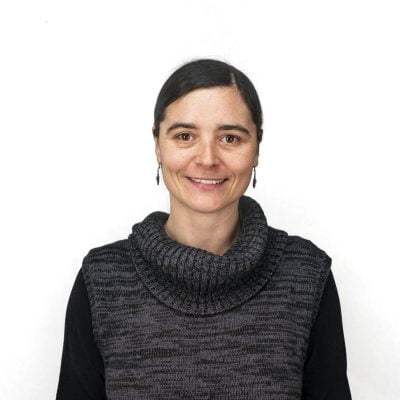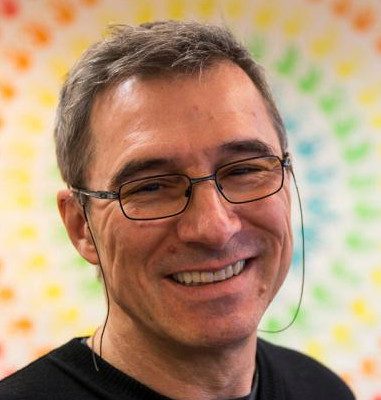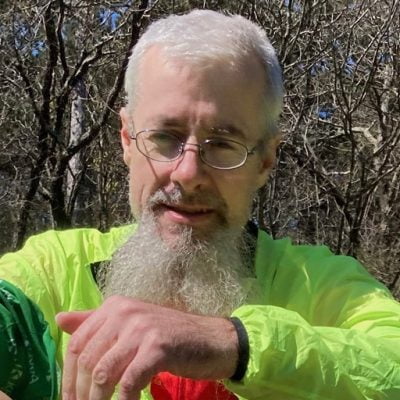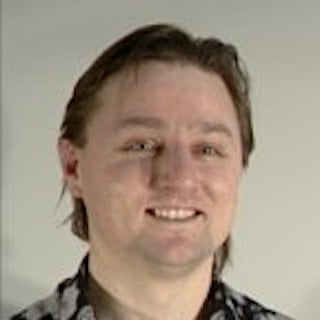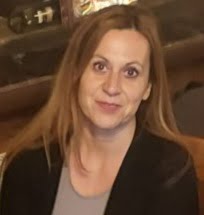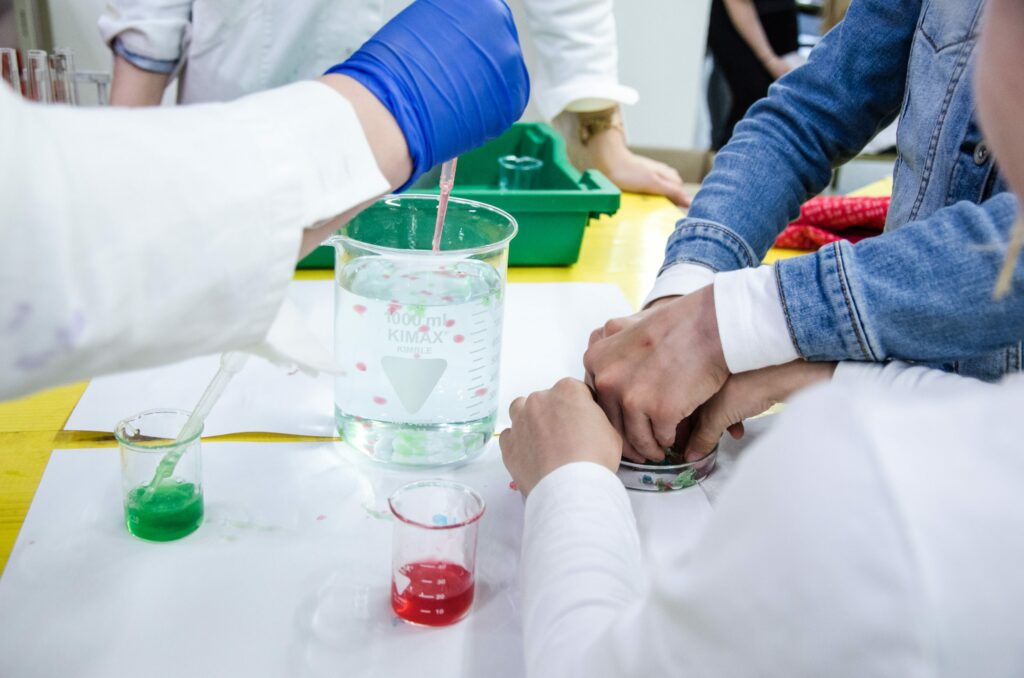
* STEAM – Internationally recognised acronym for Science, Technology, Engineering, Art, Mathematics
Main highlights of the event
The event is an opportunity to meet and introduce different stakeholders in STEAM* education, to inspire each other and to build collaborations. The main focus of the event will be on workshops, round tables and other activities dedicated to students, young enthusiasts of STEAM*. The event also aims at presenting examples of good practices of STEAM* teaching and learning across the education vertical, current research findings in STEAM* education, possibilities of digital support for STEAM* education, job opportunities in STEAM*, etc.
